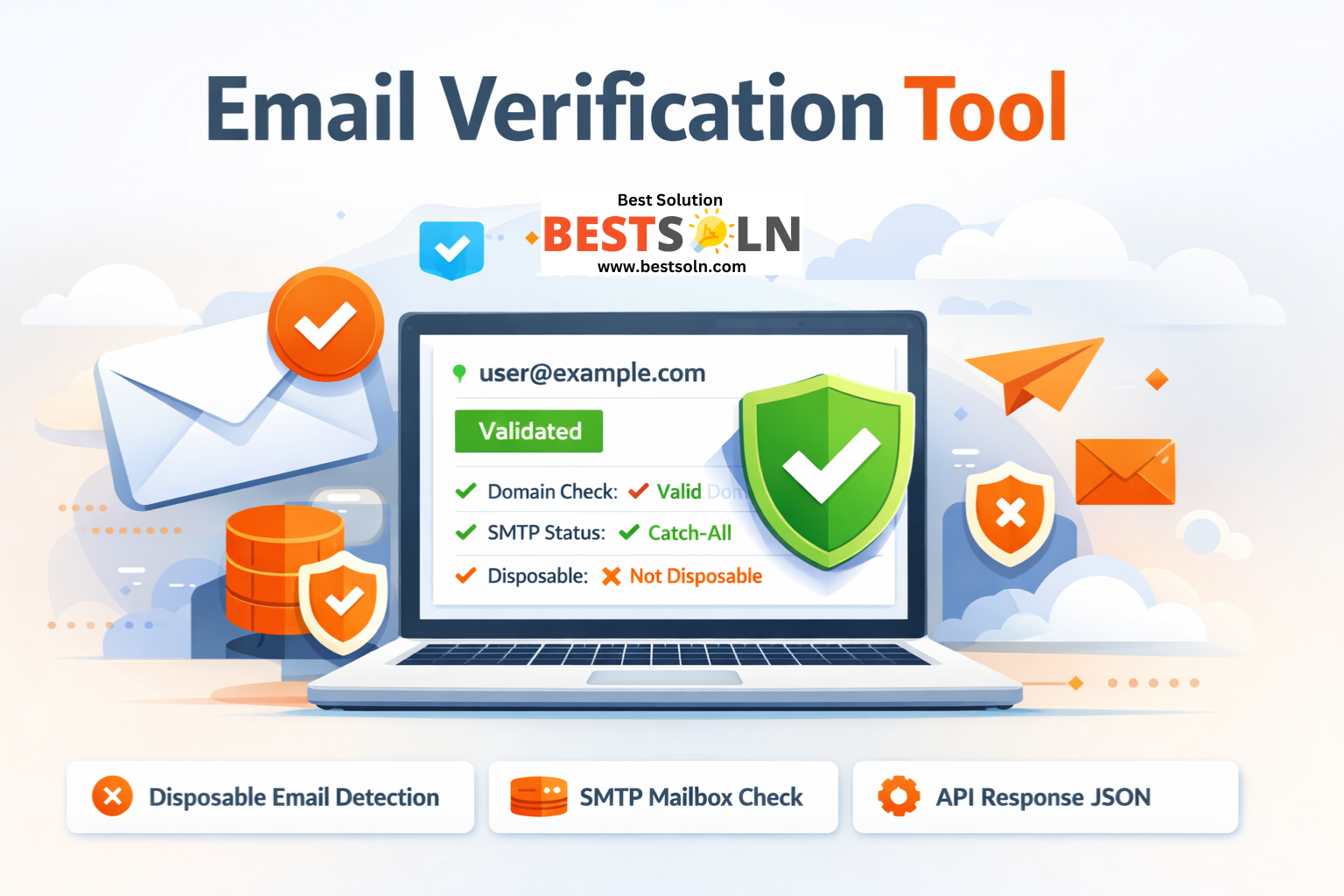- Home
- /
- Courses
- /
- Fundamentals of Venture Capital
- /
- I. Legal and Ethical Considerations…
Introduction
Venture capital (VC) is a high-stakes, high-reward industry that fuels innovation and drives economic growth. However, it is also a field fraught with legal and ethical complexities. From negotiating term sheets to ensuring compliance with regulations, VCs and founders must navigate a myriad of considerations to build successful and sustainable partnerships.
In this chapter, we’ll explore the key legal and ethical considerations in venture capital, the challenges they present, and best practices for addressing them. Whether you’re an investor, founder, or aspiring VC, understanding these issues is essential for making informed decisions and maintaining trust in the ecosystem.
Legal Considerations in Venture Capital
Legal considerations are at the heart of every venture capital transaction. They govern the relationships between investors, founders, and other stakeholders, and ensure that all parties are protected. Below are some of the most critical legal aspects of VC:
Term Sheets and Investment Agreements
The term sheet is the foundation of any VC deal, outlining the key terms and conditions of the investment. Key legal considerations include:
- Valuation: Determining the pre-money valuation and equity stake.
- Liquidation Preferences: Specifying the order in which investors are paid in the event of an exit.
- Vesting Schedules: Ensuring that founders and key employees earn their equity over time.
- Anti-Dilution Provisions: Protecting investors from equity dilution in future funding rounds.
- Board Composition: Defining the roles and responsibilities of board members.
Best Practices
- Ensure that term sheets are clear, comprehensive, and legally binding.
- Seek legal counsel to review and negotiate terms.
- Align the interests of investors and founders to avoid future conflicts.
Intellectual Property (IP) Protection
Startups often rely on intellectual property (e.g., patents, trademarks, copyrights) as a key asset. Protecting IP is critical for maintaining a competitive edge and attracting investment.
Key Considerations
- Ensure that IP ownership is clearly defined and documented.
- Conduct thorough IP due diligence before investing.
- Include IP-related clauses in investment agreements (e.g., warranties, indemnities).
Regulatory Compliance
VCs and startups must comply with a range of regulations at the local, national, and international levels. Key areas of compliance include:
- Securities Laws: Ensuring that fundraising activities comply with regulations (e.g., SEC rules in the U.S.).
- Tax Laws: Understanding the tax implications of investments and exits.
- Employment Laws: Complying with labor laws and regulations (e.g., employee equity plans).
- Data Privacy Laws: Adhering to data protection regulations (e.g., GDPR, CCPA).
Best Practices
- Stay updated on relevant regulations and seek legal advice when necessary.
- Implement robust compliance programs and internal controls.
- Conduct regular audits to identify and address potential issues.
Exit Strategies and Liquidity Events
Exits are a critical part of the VC lifecycle, but they also involve significant legal considerations. Key issues include:
- IPO Regulations: Complying with stock exchange listing requirements and disclosure obligations.
- M&A Agreements: Negotiating the terms of acquisition agreements (e.g., representations, warranties, indemnities).
- Tax Implications: Structuring exits to minimize tax liabilities for investors and founders.
Best Practices
- Plan exit strategies early and involve legal counsel in the process.
- Ensure that all agreements are clear, enforceable, and aligned with stakeholder interests.
Ethical Considerations in Venture Capital
While legal considerations provide a framework for VC transactions, ethical considerations go beyond compliance to address the moral and social responsibilities of investors and founders. Below are some of the most pressing ethical issues in VC:
Conflicts of Interest
Conflicts of interest can arise when investors or founders have competing interests that may influence their decisions. Examples include:
- Investors sitting on the boards of competing startups.
- Founders prioritize personal gain over the company’s success.
Best Practices
- Disclose potential conflicts of interest to all parties.
- Establish clear policies and procedures for managing conflicts.
- Prioritize transparency and accountability in decision-making.
Diversity, Equity, and Inclusion (DEI)
The VC industry has faced criticism for its lack of diversity, with women and underrepresented minorities receiving a disproportionately small share of funding. Addressing DEI is not only a moral imperative but also a business opportunity.
Best Practices
- Actively seek out and support diverse founders and teams.
- Implement bias training and inclusive hiring practices.
- Measure and report on DEI metrics to track progress.
Responsible Investing
VCs have a responsibility to consider the social and environmental impact of their investments. This includes:
- Avoiding investments in industries that harm society or the environment (e.g., tobacco, fossil fuels).
- Supporting startups that promote sustainability, social justice, and ethical practices.
Best Practices
- Develop and adhere to a responsible investment policy.
- Incorporate environmental, social, and governance (ESG) criteria into investment decisions.
- Engage with portfolio companies to promote ethical practices.
Founder Welfare
The pressure to succeed in the startup world can take a toll on founders’ mental and physical health. VCs have a responsibility to support the well-being of the entrepreneurs they back.
Best Practices
- Foster a culture of openness and support.
- Provide access to resources for mental health and wellness.
- Avoid unrealistic expectations and excessive pressure.
Transparency and Honesty
Transparency and honesty are essential for building trust between investors and founders. Misrepresentation or lack of disclosure can lead to disputes and reputational damage.
Best Practices
- Be transparent about investment terms, risks, and expectations.
- Encourage open communication and regular updates.
- Address issues and concerns promptly and honestly.
Challenges in Balancing Legal and Ethical Considerations
Balancing legal and ethical considerations can be challenging, especially in a fast-paced and competitive industry like VC. Some common challenges include:
- Conflicting Priorities: Legal requirements and ethical principles may not always align.
- Resource Constraints: Startups and VCs may lack the resources to address all legal and ethical issues effectively.
- Cultural Differences: Global investments may involve navigating different legal systems and cultural norms.
- Evolving Standards: Legal and ethical standards are constantly evolving, requiring ongoing education and adaptation.
Best Practices for Navigating Legal and Ethical Challenges
To navigate the complex landscape of legal and ethical considerations, VCs and founders can adopt the following best practices:
- Seek Expert Advice: Consult legal and ethical experts to address complex issues.
- Build a Strong Foundation: Establish clear policies, agreements, and codes of conduct from the outset.
- Prioritize Transparency: Foster open and honest communication with all stakeholders.
- Invest in Education: Stay informed about legal and ethical developments in the industry.
- Lead by Example: Demonstrate a commitment to ethical practices and accountability.
Recommended Reading
- “Venture Deals” by Brad Feld and Jason Mendelson
- “The Business of Venture Capital” by Mahendra Ramsinghani
- “Principles for Responsible Investment” by the United Nations
Conclusion
Legal and ethical considerations are integral to the success and sustainability of venture capital. They provide the framework for building trust, mitigating risks, and creating value for all stakeholders. By addressing these issues proactively and responsibly, VCs and founders can navigate the complexities of the industry and contribute to a more equitable and innovative future.
As the VC ecosystem continues to evolve, the importance of legal and ethical considerations will only grow. By prioritizing transparency, accountability, and social responsibility, we can build a venture capital industry that not only drives financial returns but also creates a positive impact on society and the planet.



















